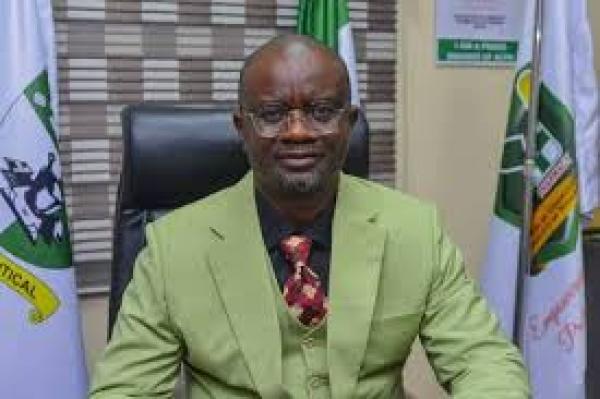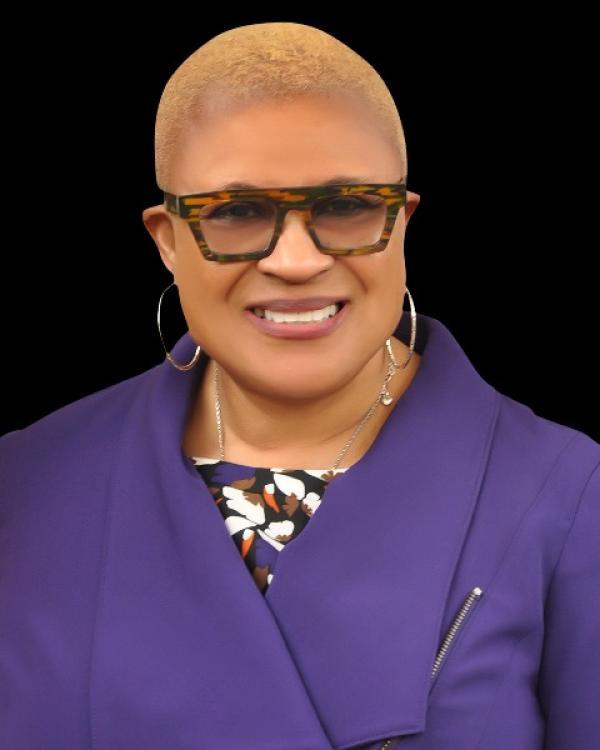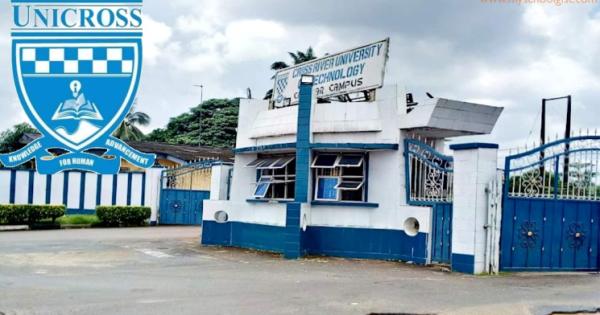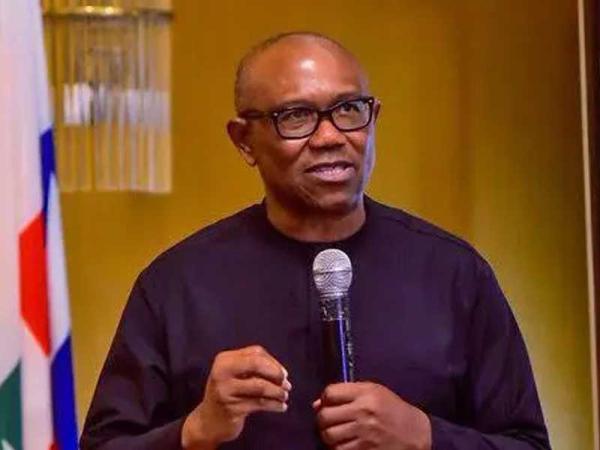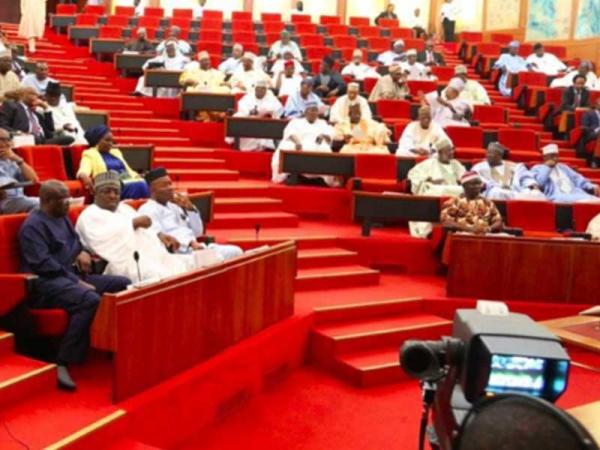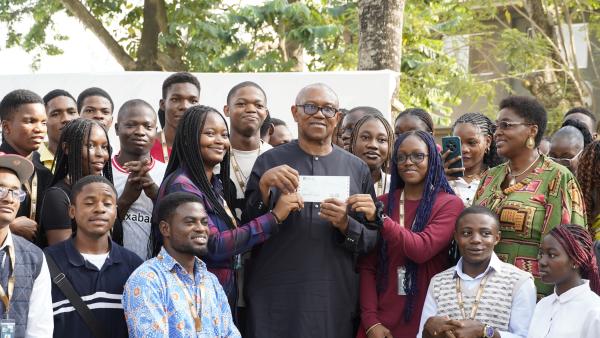
Too hard to bear, many Nigerians raised outcry as the United Nations Educational, Scientific and Cultural Organisation, UNESCO) made public the 2010 out-of-school data which indicated that 10.5m Nigerian children are not in school.
But, as with most issues in the Nigerian public space, most commentators failed to look at the entire picture, preferring to focus on the news item at the face value.
This very ugly remark which most people take at face value has indeed, beyond the issue of out-of-school children posed large social challenge to the illiterate youth and adult population hence threatening development in our country.
Having this in mind, President Goodluck Jonathan, from the beginning of his administration, worked out a comprehensive implementation programme to address the disruptive obstruction which relegation nature of illiteracy ravage on the nation’s economy.
The Almajiri Education Programme, Girl-Child Education Programme, Special Vocational Programme for Boy-Traders in the South-South and South-East, Radio Literacy Programme for Adult illiterates, Market Education Programme for traders and the UNESCO train-the-trainers programme being facilitated by the over N1 billion deposited with UNESCO by the Jonathan administration are all included in the programme.
The mass literacy programme which by far is one of the most important projects ever embarked on by Nigeria in its quest to eradicate illiteracy in the country was funded by the Federal Government but executed by technocrats of UNESCO. This programme which focused on ensuring that over a specified period of time, illiteracy in Nigeria is reduced to the lowest percentage possible has been carefully planned using existing empirical data for the said purpose.
However, to reduce the number of out of school children through the programmes already listed in this piece, an appreciable progress has indeed been made by the country. It is believed that when UNESCO Institute of Statistics, UIS, releases its next data, as the one in the public domain is for 2010, the substantial reduction would be reflected. Meanwhile, at present, the Federal Ministry of Education in collaboration with her Parastatals and states in conducting a survey to get the actual number of out-of-school in view of the recent massive enrolments that have been witnessed all of the country.
To underscore the importance the Federal Government attaches to mass literacy programme, the Minister of State for Education, Barr. Ezenwo Nyesom Wike recently held an assessment meeting with UNESCO officials at the Federal Ministry of Education headquarters. This meeting was thrown open to journalists from the print and electronic media.
The meeting X-rayed the progress and challenges of the collaborative programme between the Federal Ministry of Education and UNESCO aimed at reducing mass literacy through the training of trainers and facilitators by UNESCO technocrats and consultants drawn from the nation’s universities. National Teachers Institute, (NTI), and National Commission for Colleges of Education (NCCE).
Present at the meeting included the UNESCO team namely; Director of the Bureau for the Development of Education in Africa, BREDA, of the United Nations Educational, Scientific and Cultural Organisation, UNESCO, Dr. Ann-Therese Ndog-Jatta, the Officer in Charge of UNESCO Abuja Office. Prof. Hassana Alidou and Dr. Saidou Jallow, National Programme Officer in charge of UNESCO in Abuja.
The positive impact of the collaboration programme between UNESCO and the Federal Government on the mass literacy programme was made evident at the meeting and this afforded the two parties the opportunity to re-appraise their contributions to the programme and emphasize areas that needed pressing move advance their achievement.
The elimination of all forms of illiteracy from the nation, the Minister of State for Education Barr. Ezenwo Nyesom Wike said at the meeting that the President, GoodLock Jonathan is fully committed to, through harnessing its high level partnership with local and international development partners. According to him, there is no way meaningful development can take place in the face of illiteracy.
He stated that the administration’s programmes in the areas of Almajiri, girl-child, boy-child, adult literacy and non-formal education programmes are all geared towards eradicating all forms of illiteracy from the nation.
“If previous administrations had worked towards eradicating illiteracy the way President Goodluck Jonathan has done in the past two years, we would substantially tackled this challenge. However, I am happy we are making serious progress with our direct partnership with UNESCO and we shall continue to build on the successes already recorded,” he said.
Pointing out that the programme will help in building capacity of literacy facilitators across the country, Barr. Wike noted with satisfaction the train-the-trainer programme being executed by UNESCO for the Federal Ministry of Education.
He said that the programme is also aimed at re-vitalizing adult literacy with emphasis on skills development and wealth creation for the empowerment of less privilege Nigerians. He assured UNESCO that the Federal Ministry of Education will lead advocacy and awareness creation of state governors and the private sector to ensure that the key into the need to support the efforts of the administration in improving the literacy level of the Nigerian people.
He added that the Federal Ministry of Education will also link up with the First Lady, Dame Patience Jonathan to request the wives of state governors to actively participate in adult/youth literacy programmes.
Wike appeasl to UNESCO to do more in extending technical support to the ministry in the area of elimination of illiteracy in thenation promising that by next year, there will be increase in the level of funding for literacy programme stating that all mass literacy agencies will be galvanised to take the efforts of the administration to improve literacy to the next level.
Commending the Federal Government for sponsoring the training of training programmes being organised by UNESCO, The Director of Bureau for the Development of Education in Africa, BREDA, of the United Nations Educational, Scientific and Cultural Organisation, UNESCO, Dr. Ann-Therese Ndog-Jatta, declared that with improved commitments from states and local governments, illiteracy can be completely eradicated from the nation.
She urged the Federal Ministry of Education to work towards engaging the governors and local government areas to pay more attention to literacy programmes, saying that if the illiteracy challenge is tackled in the country considering the population of Nigeria; it would go a long way in helping the development of the region.
Prof. Hassana Alidou, the officer in Charge of UNESCO Abuja Office, appealed to state governments to improve on the incentives to encourage trained facilitators to render service to Nigerians. She said 500 trainers will be capacitated by UNESCO at the end of July, while 100,000 facilitators would have been trained at the end of the year.
Failure of states and local governments to take full advantage of the literacy facilitators who have been capacitated in the course of the programme was the fact raised repeatedly emphasized by UNESCO officials and which also is the most important point noted at the meeting.
This fact is however believed by the UNESCO officials to be the biggest challenge the programme faces in the country. “As the Minister of State for Education and other officials of the Federal Ministry of Education engage with state governments, it is important that officials at this tier of government realise the key role they are to play in eradicating illiteracy in our country”, she stated.
The high percentage of illiterates in the country is as a result of the failure of the states and local councils to live up to their responsibilities and Surprisingly, when analysis are made, commentators conveniently and wilfully refuse to hold the states and local councils accountable, preferring to lay the blame at the doorstep of the Federal Government, even when the information of the robust interventions of the Federal Government are out there in the public.
It is however imperative to reiterate that basic education and mass literacy are the functions of the states and local councils












